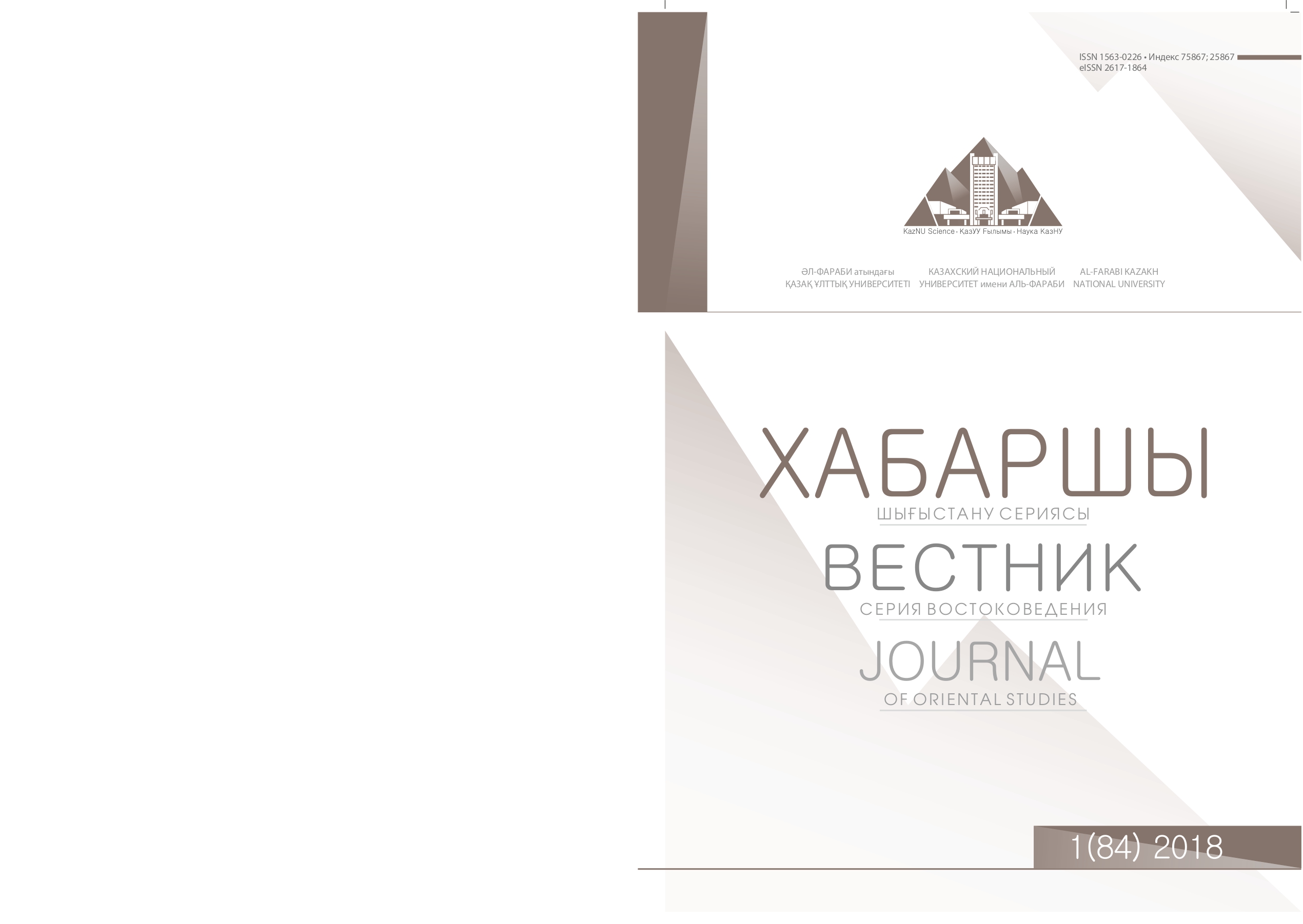Особенности и рaзличия aдеквaтного и эквивaлентного переводa
Аннотация
All through history success or failure of intercultural communication depends on the level of adequacy
and equivalency of source text with its translation in target language. So, many scientists focused
on studying terms of adequacy and equivalency. As a result, it increased the number of theories oriented
on studying this subject matter. Some of the researchers say that adequacy and equivalency are same
things; others think that these terms differ but have many similarities. So, absence of explicit definitions
for the terms adequacy and equivalency, increases the need for distinguish them from each other.
Therefore, purpose of this work is distinguishing adequacy from equivalency by systematization and
classification of theories about adequate and equivalent translation. In one hand it will help to reader to
easily understand what is adequacy or equivalency in translation studies, from the second hand we can
determine their similarities and differences. In order to achieve purpose of research, we use the methods of comparative analysis in the process of implementing of our work.
Based on the research of foreign scientists, we analyzed similarities and differences of adequate and equivalent translation. According to this analysis, we think that an adequate translation provides the expected communicative effect, and one of its main requirements is the use of equivalents to ensure maximum transmission of meaning of the original. But, equivalent translation cannot always provide pragmatic tasks and meet the conventional normative requirements for translation.














